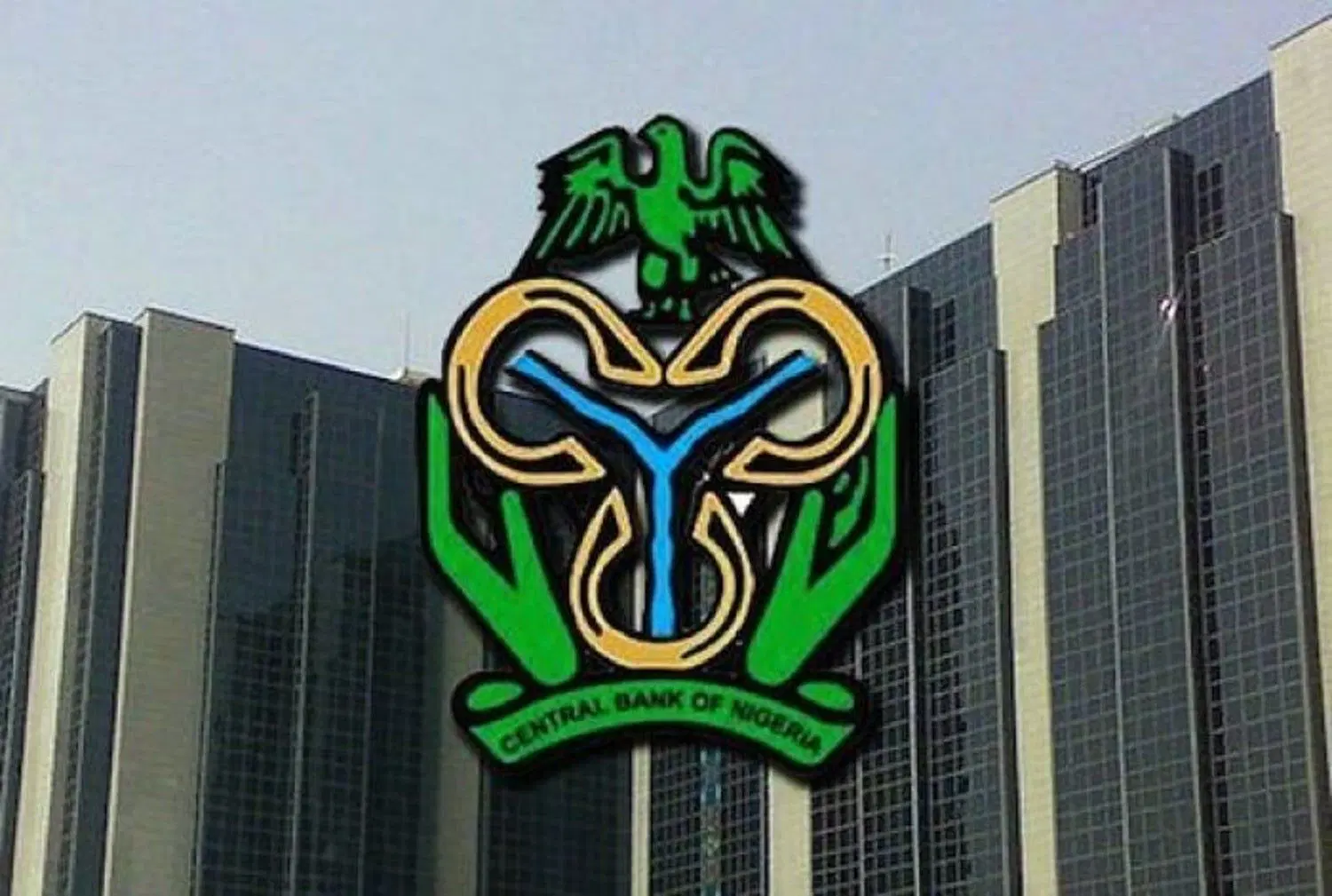The Federal Government’s (FG) deficit spending has surged by 28% year-on-year (YoY) to ₦8.44 trillion in the first half of 2024 (H1’24), up from ₦6.59 trillion in the same period last year.
This deficit represents 92% of the proposed annual deficit spending of ₦9.18 trillion, as outlined in the 2024 budget. Notably, this increase in deficit spending occurred despite a 35% YoY increase in FG revenue during H1’24.
The Central Bank of Nigeria (CBN) disclosed these findings in its Quarterly Economic Statistics Report for September 2024.
The report detailed that in the first quarter of 2024 (Q1’24), deficit spending was ₦4.18 trillion, which grew by 1.9% quarter-on-quarter (QoQ) to ₦4.26 trillion in Q2’24. Additionally, the FG recorded a 35.7% YoY growth in revenue, amounting to ₦3.8 trillion in H1’24, up from ₦2.8 trillion in H1’23. QoQ revenue experienced significant growth, increasing by 71% to ₦2.4 trillion in Q2’24 from ₦1.4 trillion in Q1’24.
In August, Zacch Adedeji, the Chairman of the Federal Inland Revenue Service (FIRS), stated that the FG is on track to meet its revenue target of ₦19.4 trillion for 2024. He attributed this progress to President Tinubu’s initiatives aimed at improving tax collection.
Adedeji noted that increased crude oil production this year and a stronger emphasis on tax compliance are contributing factors to this upward trend. In Q1’24, FIRS announced that the country generated ₦3.94 trillion in tax revenue, falling short of the ₦4.8 trillion target for the period.
Further analysis revealed that government expenditure rose by 30.6% YoY to ₦12.15 trillion in H1’24 from ₦9.3 trillion in H1’23. Expenditure also grew by 17.8% QoQ, rising to ₦6.6 trillion in Q2’24 from ₦5.6 trillion in Q1’24.
The FG’s proposed 2024 budget, titled Renewed Hope, amounts to ₦27.5 trillion, with a deficit of ₦9.18 trillion. The revenue projection for the year stands at ₦18.32 trillion, alongside an aggregate expenditure of ₦27.5 trillion and a debt service fee (excluding sinking funds) of ₦8.25 trillion.
These projections are based on key economic assumptions, including a benchmark oil price of $78 per barrel, oil production at 1.78 million barrels per day (mbpd), an exchange rate of ₦750 per dollar, an inflation target of 21.4%, and a Gross Domestic Product (GDP) growth rate of 3.76%.

